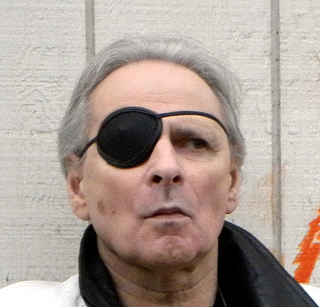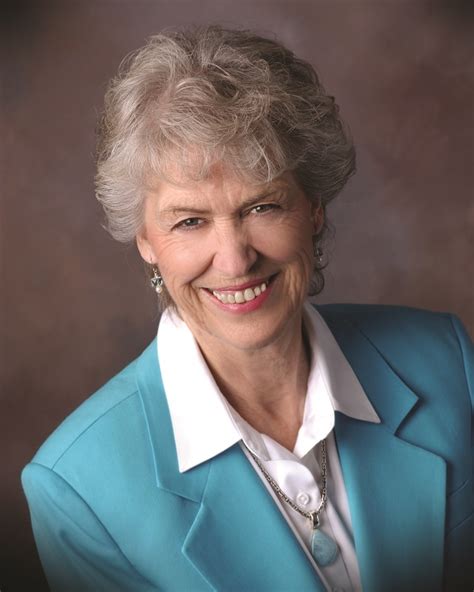A Quote by Andrew Vachss
Crime takes the pulse of a culture. It tells us the truth about us as a species.
Related Quotes
we need poetry most at those moments when life astounds us with losses, gains, or celebrations. We need it most when we are most hurt, most happy, most downcast, most jubilant. Poetry is the language we speak in times of greatest need. And the fact that it is an endangered species in our culture tells us that we are in deep trouble.
Whites know never tell blacks what you really think and what you really feel because you risk being seen as a racist. And the result of that is that to a degree, we as blacks live in a bubble. Nobody tells us the truth. Nobody tells us what they would do if they were in our situation. Nobody really helps us.
We writers – and especially writers for children, but all writers – have an obligation to our readers: it's the obligation to write true things, especially important when we are creating tales of people who do not exist in places that never were – to understand that truth is not in what happens but what it tells us about who we are. Fiction is the lie that tells the truth, after all.
It is a horrible idea that there is somebody who owns us, who makes us, who supervises us - waking and sleeping - who knows our thoughts, who can convict us of thought crime, thought crime, just for what we think, who can judge us while we sleep for things that might occur to us in our dreams, who can create us sick, as apparently we are - and then order us, on pain of eternal torture to be well again.
To demand this, to wish this to be true is to wish to live as an abject slave.
The best crime stories are always about the crime and its consequences - you know, 'Crime And Punishment' is the classic. Where you have the crime, and its consequences are the story, but considering the crime and the consequences makes you think about the society in which the crime takes place, if you see what I mean.
Love without truth is sentimentality; it supports and affirms us but keeps us in denial about our flaws. Truth without love is harshness; it gives us information but in such a way that we cannot really hear it. God's saving love in Christ, however, is marked by both radical truthfulness about who we are and yet also radical, unconditional commitment to us. The merciful commitment strengthens us to see the truth about ourselves and repent. The conviction and repentance moves us to cling to and rest in God's mercy and grace.


































